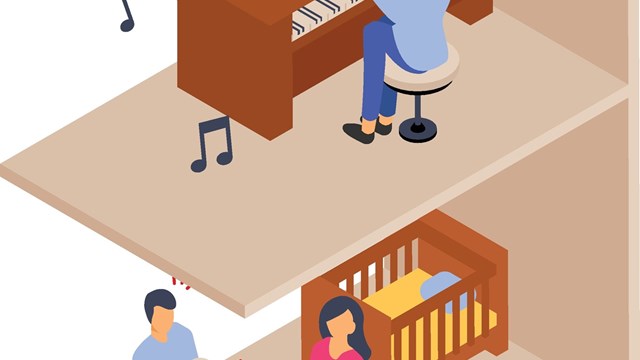Q Our board of managers want to replace the terraces in our condominium without the consent of the unit owners that have them. If you look at Real Property Law, Article 9-b of the Condominium Act, Section 339-i, Common Elements, under subsection 2, “the common interest appurtenant to each unit as expressed in the declaration shall have a permanent character and shall not be altered without the consent of all unit owners affected, expressed in an amended declaration.” Can they legally do this?
—Concerned Unit Owner
A The ability of the board of managers to replace terraces on a condominium building without the consent of the unit owners is dependent upon the language that may or may not be contained in the bylaws of the condominium, coupled with the nature of the need for the replacement,” says Eric M. Goidel, an attorney with Borah, Goldstein, Altschuler, Nahins & Goidel, P.C. in Manhattan.
“While the questioner correctly highlights that section 339-i(2) of the Condominium Act intends for common interests appurtenant to each unit as expressed in the declaration to have a permanent character and not to be altered without the consent of all unit owners affected, typically, the board of managers of a condominium is given authority in the underlying condominium documents to make repairs and improvements to a building’s common elements without the consent of the unit owners. A situation involving the board of manager’s authority to make repairs to common elements without unit owner consent was presented in the case of Gennis v. Pomona Park Board of Managers, 36 A.D. 3D, 661 (2d Dept. 2007). There the board of managers sought to remove and replace existing roofs, gutters and leaders, building entry doors, side light units and wooden decks throughout the complex. The board of managers relied upon a provision in the bylaws that authorized the board to undertake repairs and to replace common elements. Unit owners sought an injunction enjoining the board of managers from undertaking the restoration project without unit owner consent. In finding for the board of managers, the Appellate Division found the alterations, additions and improvements to constitute replacement of existing building components that had fallen into a state of disrepair.
“Accordingly, if the bylaws of the subject condominium give the board of managers the right to undertake repairs and replace common elements without consent of the unit owners—provided that the alteration, addition or improvement is necessary to preserve the integrity of the building or the structure—the board of managers is appropriately acting within its authority. If, however, the terrace replacement is purely cosmetic in nature, then a strong argument could be made that unit owner approval would be required. A board of managers looking to make significant repairs or improvements to common elements would be well served to obtain an opinion from an engineer or architect that a component of the building constituting a common element has outlived its useful life.”







Comments
Leave a Comment